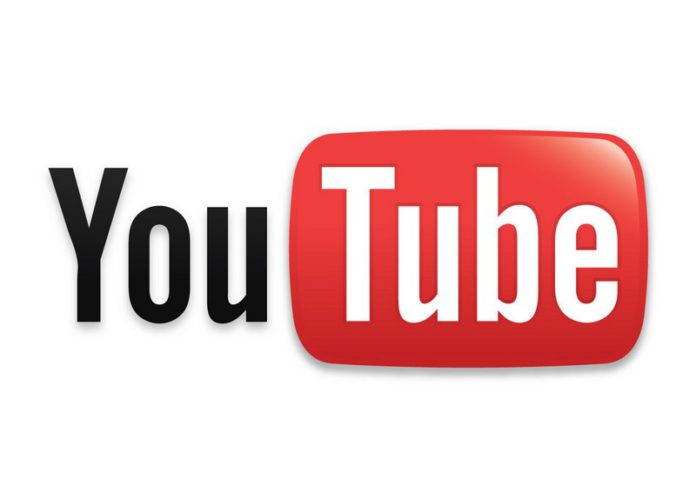YouTube will implement a new monetisation policy starting July 15, 2025, aimed at limiting earnings for channels that publish mass-produced, repetitive, or low-effort videos. The platform has updated its YouTube Partner Programme (YPP) guidelines to better identify such content and prevent it from generating revenue.
Updated Monetisation Standards
In a statement on its official support page, YouTube said:
“To monetise under the YouTube Partner Program, creators must upload original and authentic content. Beginning July 15, 2025, we are updating our guidelines to better identify mass-produced and repetitive content. This update reflects what inauthentic content looks like today.”
Eligibility Requirements
To qualify for monetisation, channels must still meet existing eligibility criteria:
-
At least 1,000 subscribers
-
Either 4,000 valid public watch hours in the past 12 months or 10 million valid Shorts views in the last 90 days
What Counts as ‘Repetitive’ or ‘Mass-Produced’
YouTube outlined two key rules to determine whether content is unfit for monetisation:
-
Content taken from other sources must be significantly transformed to be considered original.
-
Repetitive content must serve a clear purpose — it should be either entertaining or educational, not just created to gain views.
This policy is also expected to affect clickbait, templated videos, and AI-generated content, particularly those using robotic voices or lightly edited versions of others’ work.
Uncertainty Around Enforcement
YouTube has not specified penalties for violating the new rules. There is no mention of suspensions, strikes, or demonetisation in the updated terms. However, the company says the changes are meant to align monetisation rules with evolving content trends and prevent abuse of the system.
While YouTube hasn’t confirmed whether AI-assisted content will fall under these stricter guidelines, the update suggests greater scrutiny of such formats.
Recent Policy Shifts
This update follows YouTube’s recent decision to ban users under 16 from livestreaming without adult supervision.
Insider Gaming has contacted YouTube for further clarification and will provide updates when a response is received.



